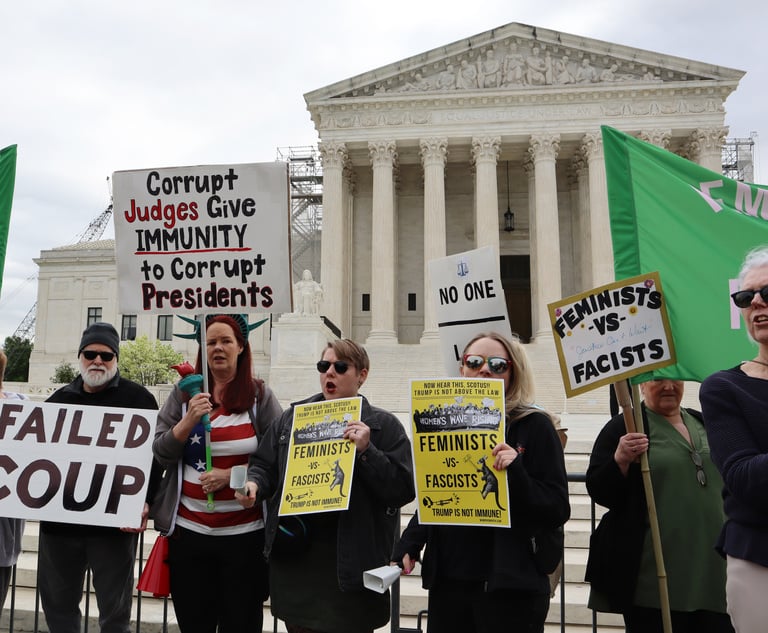In 2018, Congress passed the First Step Act, Pub. L. No. 115-391. This statute amended 18 U.S.C. §3582(c)(1) to permit a court to consider a defendant’s motion for compassionate release following the exhaustion of his or her administrative remedies with the Bureau of Prisons (BOP) or 30 days after submitting a request to the appropriate warden, whichever came sooner. Specifically, it provides a chance for sentencing relief for certain defendants who received mandatory minimum sentences prior to the Fair Sentencing Act of 2010.
In United States v. Resnick (2020), the court held: “The First Step Act did not amend the eligibility requirements for compassionate release, which are set forth in 18 U.S.C. §3582(c)(1)(A) and §1B1.13 of the U.S. Sentencing Guidelines. The court can only modify a sentence if, “after considering the factors set forth in section 3553(a) to the extent they are applicable,” it finds that “extraordinary and compelling reasons warrant such a reduction,” 18 U.S.C. §3582(c)(1)(A)(i); or “that the defendant is at least 70 years old and has served at least 30 years in prison, among other things.”


 Credit: Tracy King/Adobe Stock
Credit: Tracy King/Adobe Stock




